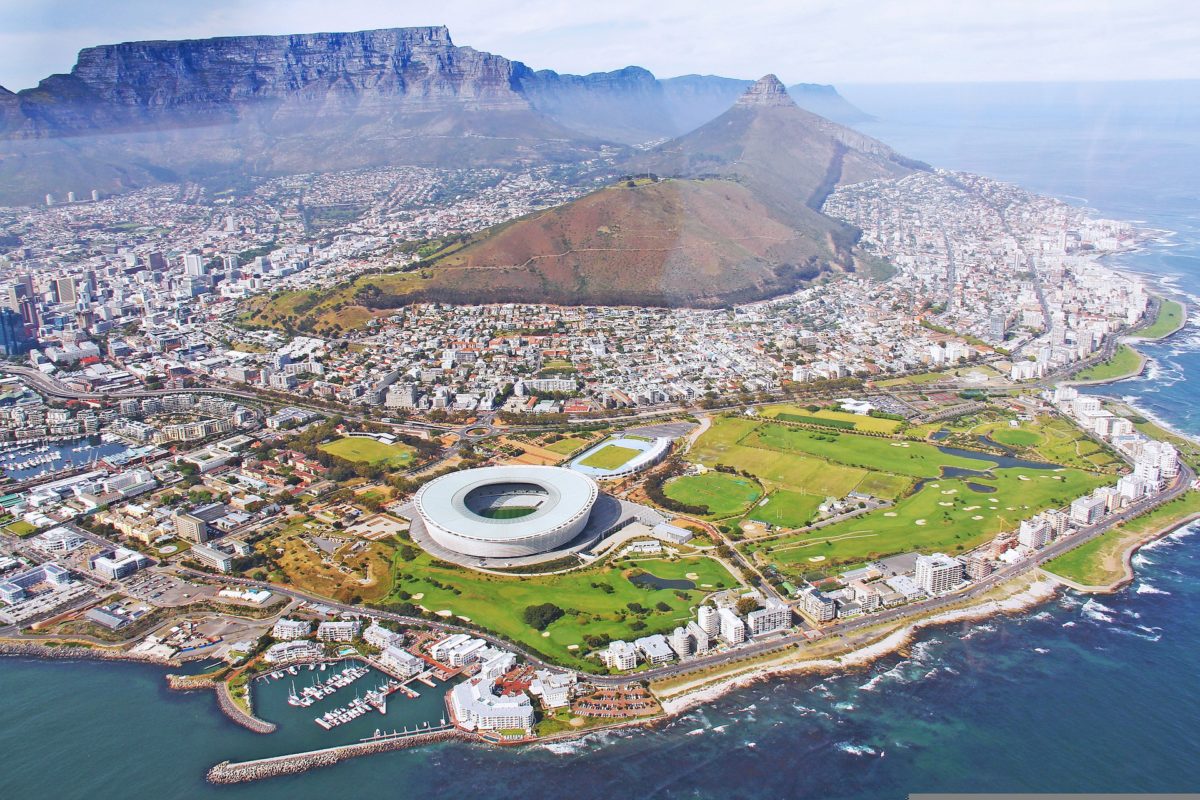The campaign by Cape Town to wrest control of South Africa‘s municipal electricity supply away from the nation's debt-stricken national utility has prompted the city to tender for its first grid-connected solar power plant.
The planned solar project, in Atlantis, to the north of South Africa's legislative capital, would be operational in 2024 and would supply 14.7 GWh of clean power annually for 20 years from its 7 MW generation capacity, according to the Cape Town municipal government website, which carried details of the engineering, procurement, and construction (EPC) services tender this week.
Platonic ideal
Former mayor of Cape Town, Dan Plato, in October 2020 announced his intent to encourage all of South Africa's cities to turn away from state power company Eskom and secure electricity supplies from independent generators instead.
At that point it was not clear whether a recent change made to national energy rules which permitted cities to procure power from non-Eskom entities – a change made after a legal challenge from the Cape Town authority – would also relate to power stations owned by municipal authorities themselves. Recent developments in Cape Town suggest that it does.
Plato had voiced a desire to escape the regular electricity black-outs – termed load-shedding – which afflict his and other Eskom-supplied cities. His successor as mayor, fellow Democratic Alliance politician Geordin Hill-Lewis, touted the other moves Cape Town is pursuing to break free from the utility.
Hill-Lewis said this week the city – one of three capitals in South Africa, along with Pretoria and Bloemfontein – had allocated ZAR 15 million ($847,000) for a feed-in tariff program to pay small scale generators R1.01 for each kWh they inject into the city grid; had changed the rules recently to permit commercial and industrial solar generators to sell electricity to the city network; and is tendering to buy electricity from 200 MW of independently-owned power station capacity.
Reuters had reported, in October 2020, the city was seeking to procure power from 300 MW of clean energy capacity within five years.
The EPC tender for the Atlantis solar plant is due to close on October 25.
Quoted on the Cape Town government website, Hill-Lewis said: “The city currently purchases most of its electricity from Eskom. High Eskom price escalations expected in future may not be financially sustainable for the city and its residents. It is expected that the Atlantis solar plant will enhance the city's financial sustainability as the cost of generating the electricity would be lower than … bulk procurement from Eskom. Reducing … dependency on Eskom also means the city can develop and explore more climate-friendly power sources than Eskom's coal-fired power stations.”
This content is protected by copyright and may not be reused. If you want to cooperate with us and would like to reuse some of our content, please contact: editors@pv-magazine.com.




By submitting this form you agree to pv magazine using your data for the purposes of publishing your comment.
Your personal data will only be disclosed or otherwise transmitted to third parties for the purposes of spam filtering or if this is necessary for technical maintenance of the website. Any other transfer to third parties will not take place unless this is justified on the basis of applicable data protection regulations or if pv magazine is legally obliged to do so.
You may revoke this consent at any time with effect for the future, in which case your personal data will be deleted immediately. Otherwise, your data will be deleted if pv magazine has processed your request or the purpose of data storage is fulfilled.
Further information on data privacy can be found in our Data Protection Policy.